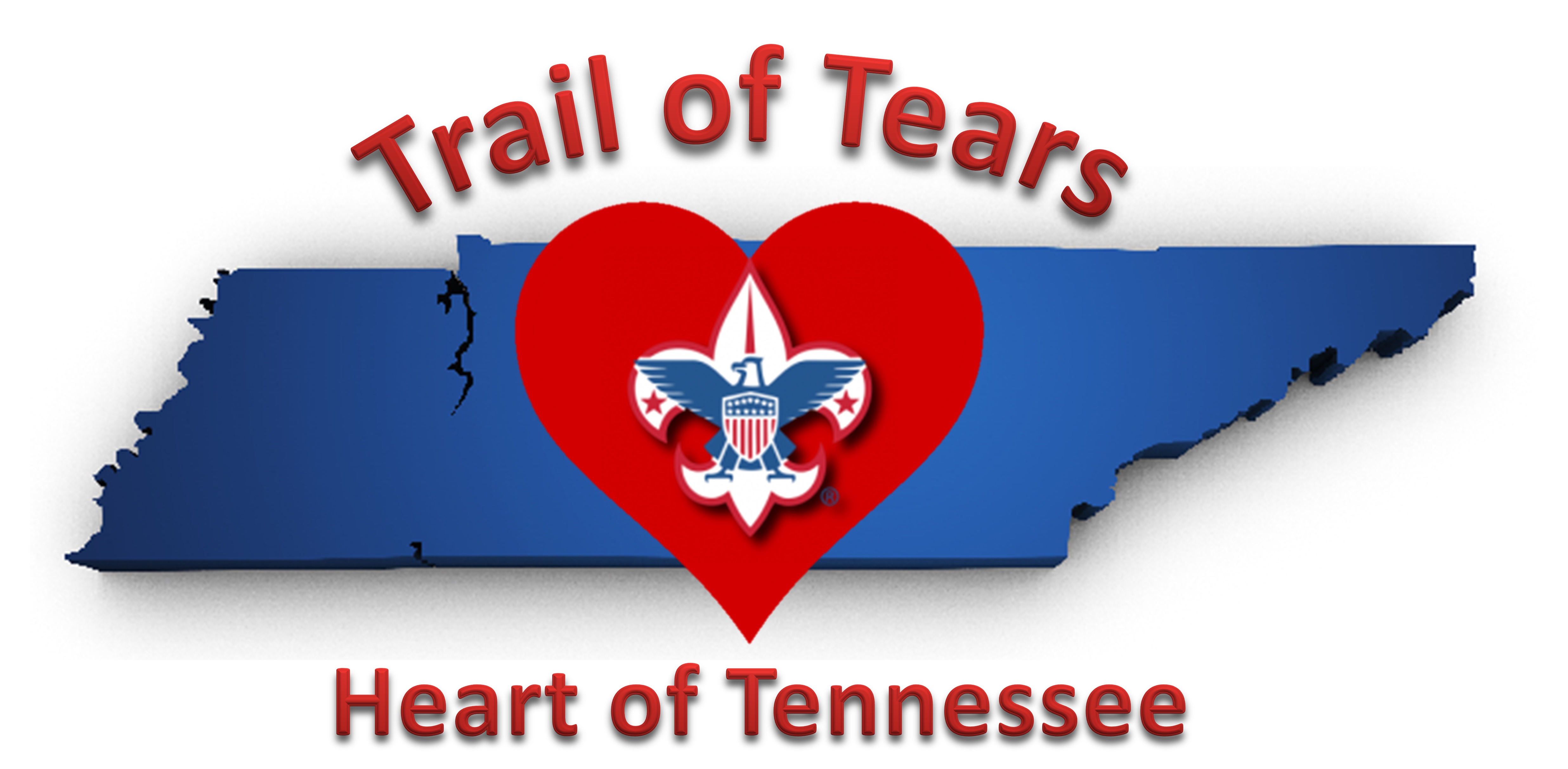
This story is shared here from the Scouting magazine app. For more of the content you’re used to from Scouting magazine, download the Scouting magazine app today! It’s available now in the App Store and Google Play.
In a 1996 robbery gone wrong, jewelry store owner Mark Chilutti lost the use of his legs. In 2015, a tragic auto accident made TOPGUN instructor Buddy Marshall a quadriplegic.
But disability isn’t the only thing that connects the two men’s stories. Both are Eagle Scouts. Both began their recovery at Magee Rehabilitation Hospital in Philadelphia, where Chilutti now serves as assistant vice president of development. And both have worked to create the Buddy Marshall Assistive Technology Center at Magee.
The center, which opens this winter, is designed to introduce patients to the latest in assistive technology, teach them how to use it and inspire them to regain their independence.

Assistive Technology in Action
“Buddy’s whole goal for the center was that people have the ability to see the equipment and try it and learn what works for them,” Chilutti says. “Through some donors, we have the ability to provide equipment for people to use at home who can’t afford it.”
Much of the equipment in the center is specialized — like GlassOuse glasses that function as a computer mouse — but some of it is mainstream.
“Voice recognition was essentially built for people to be lazy,” Chilutti says. “The disabled community has really become the hidden beneficiary of it.”
Marshall uses about 20 different pieces of assistive technology on a regular basis, but it took him more than three years to figure out what would work for him and allow him to live as independently as possible.
“Now that I’ve found what works for me, I don’t want people to leave the hospital without seeing what is possible and knowing that they can restore function through technology,” he says.

“Introduce, Educate and Inspire”
One reason it took Marshall so long to embrace assistive technology is that it takes time to process the reality of living with disability and discover the most effective solutions. Magee assigned him a peer mentor, but Chilutti’s regular visits had more impact — in part because of their Scouting connection.
“Unlike the peer mentor, who was in one day and out the next, Mark was always there,” he says.
Marshall and his family helped raise more than $186,000 for the center, blowing away a $125,000 goal. Now that fundraising is complete, he is creating videos that Magee therapists can use with future patients who visit the center — all part of his goal to introduce, educate and inspire.
Chilutti sees Marshall as the embodiment of Scouting values.
“To be able to not just survive that injury but thrive and really live a great life and be able to help others — that’s kind of what we were taught as kids in Scouts,” he says. “I’ve done a lot of fundraising projects in my almost 20 years at Magee, but this collaboration has been extra special for me.”

Powered by WPeMatico
